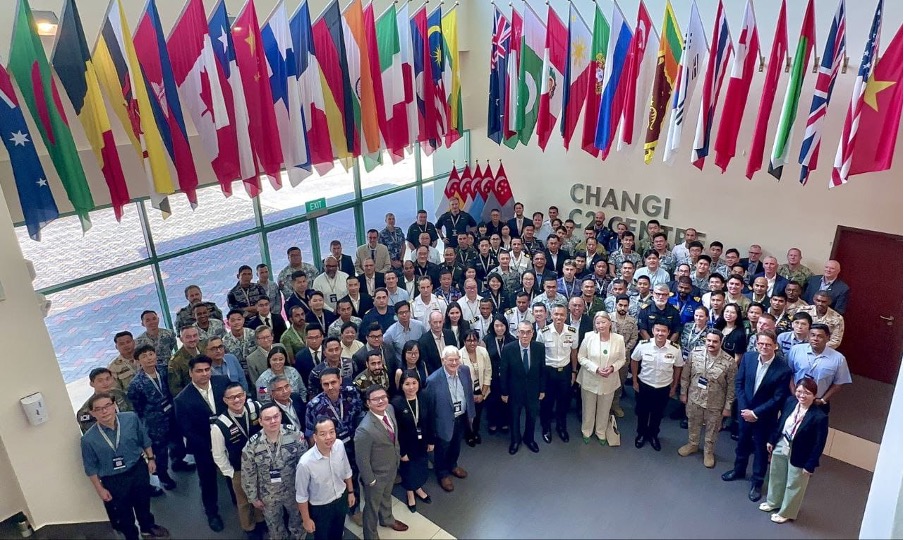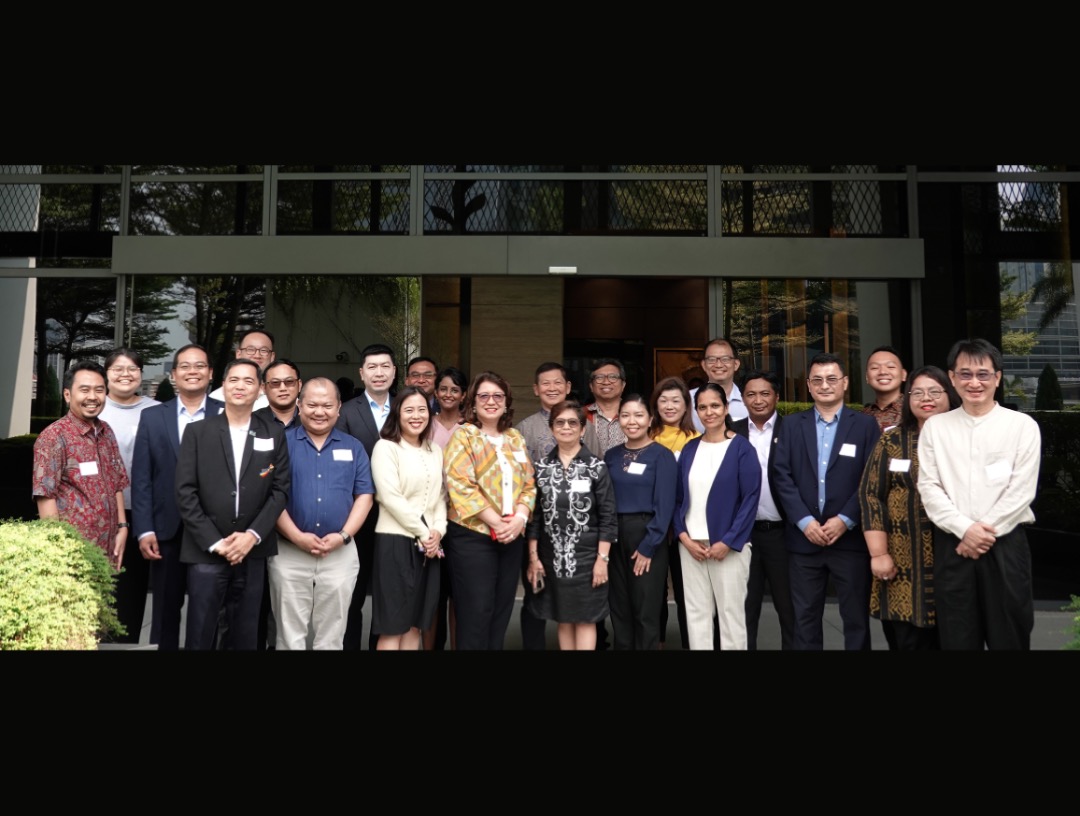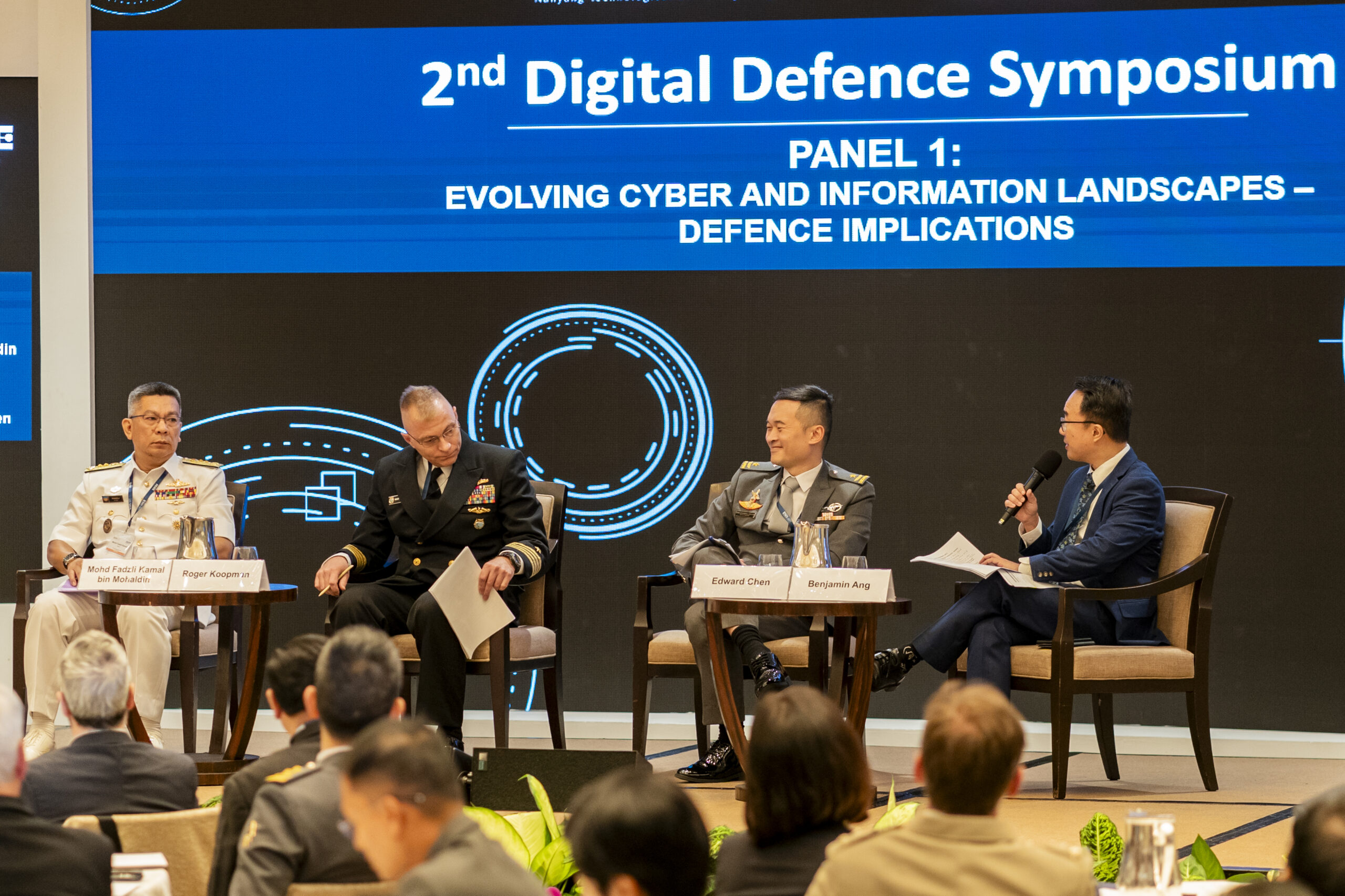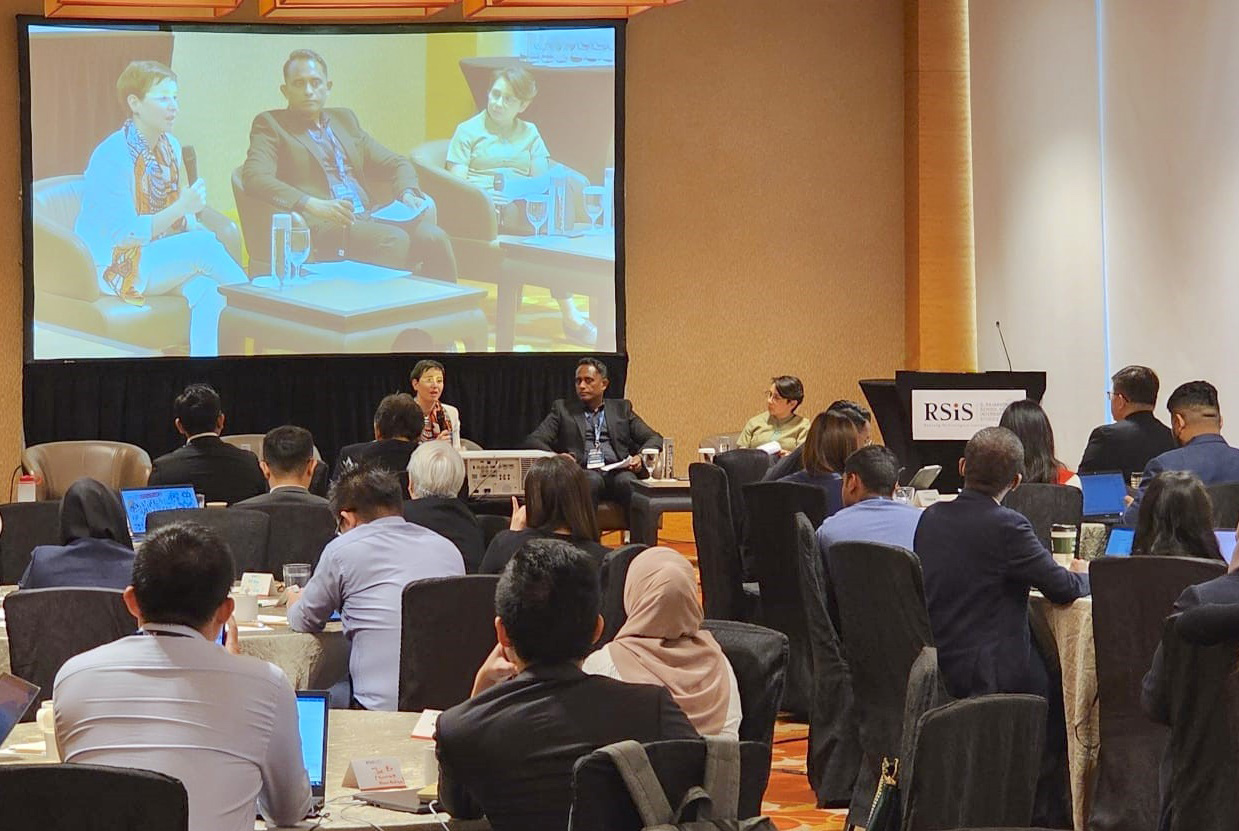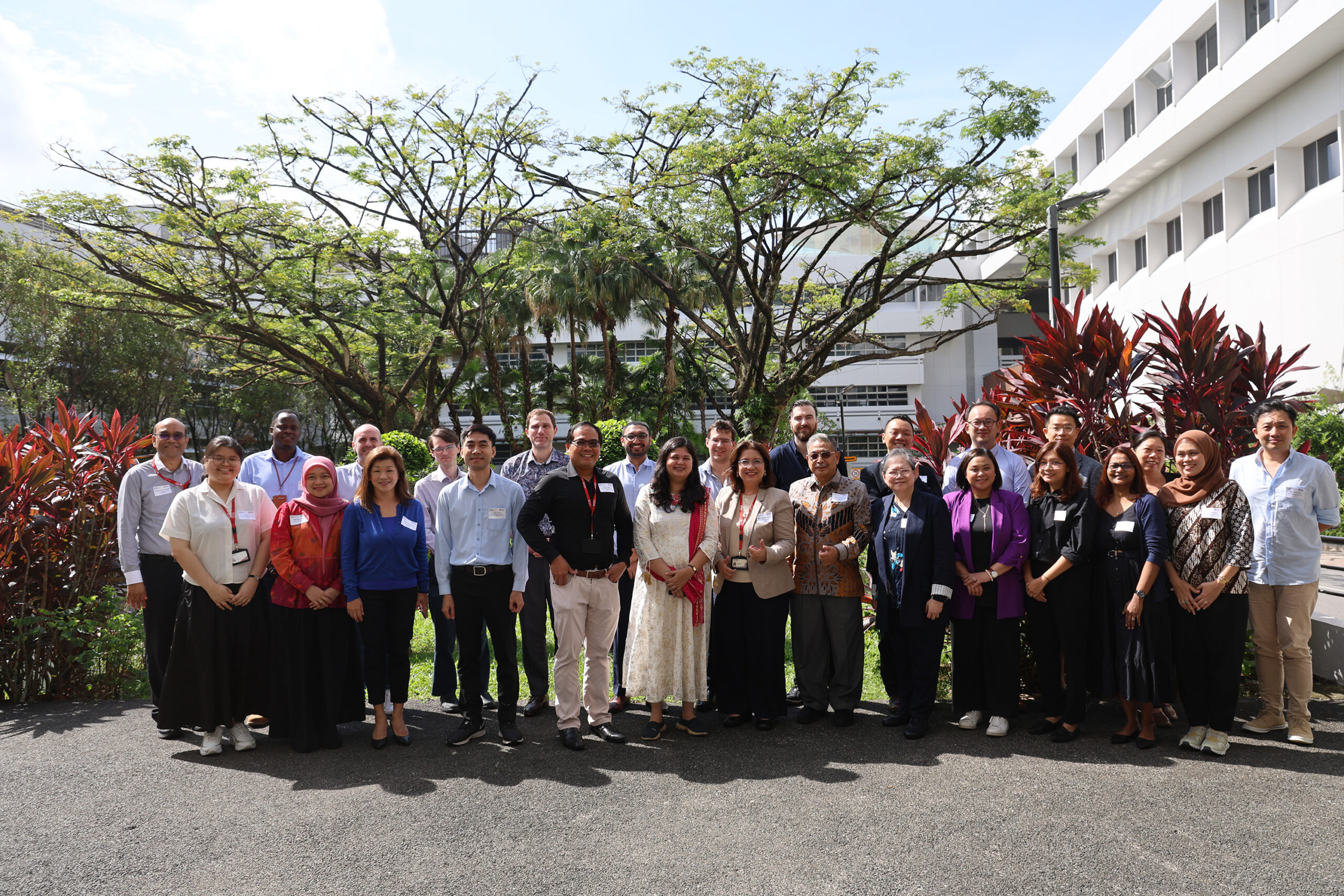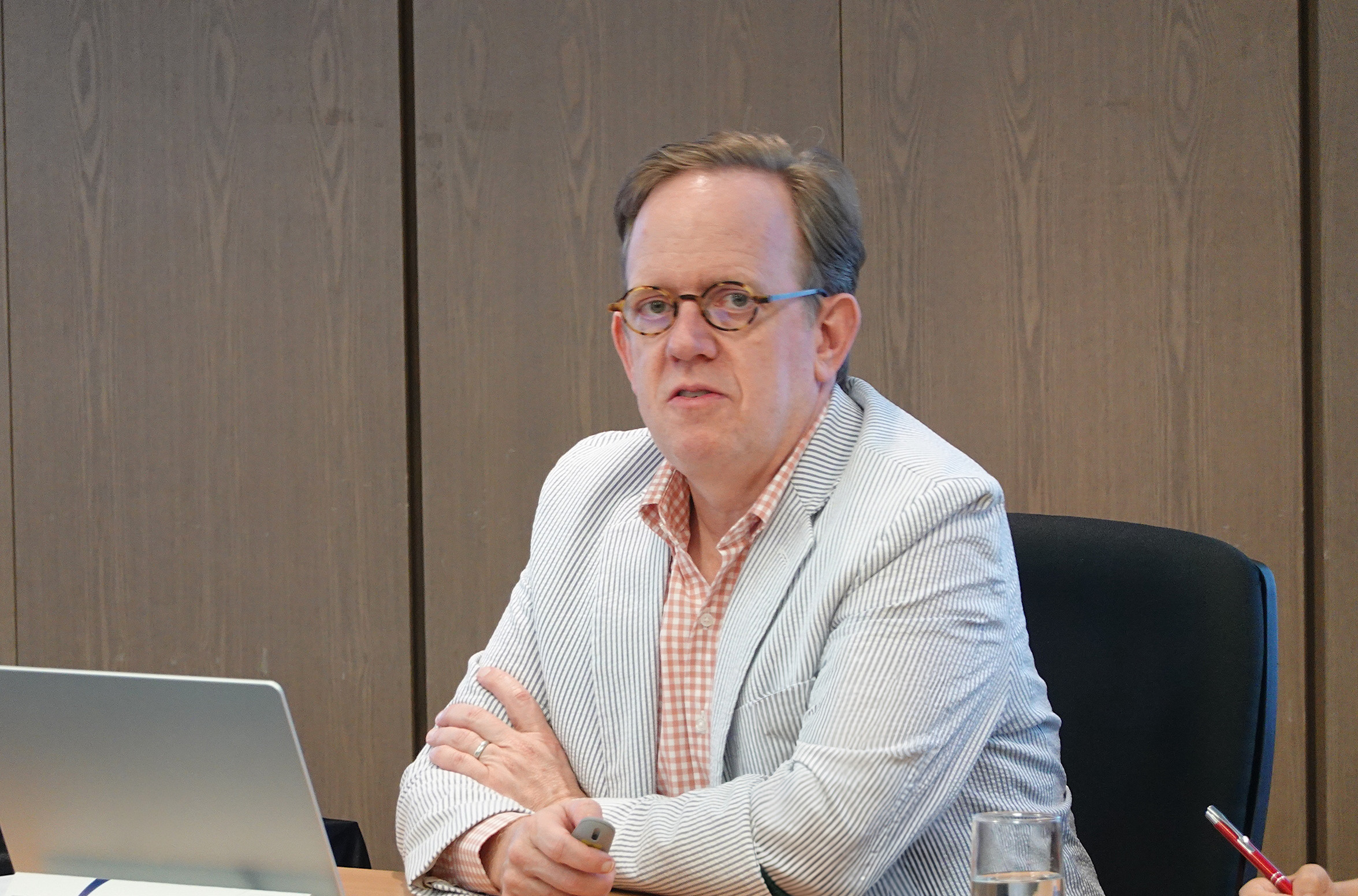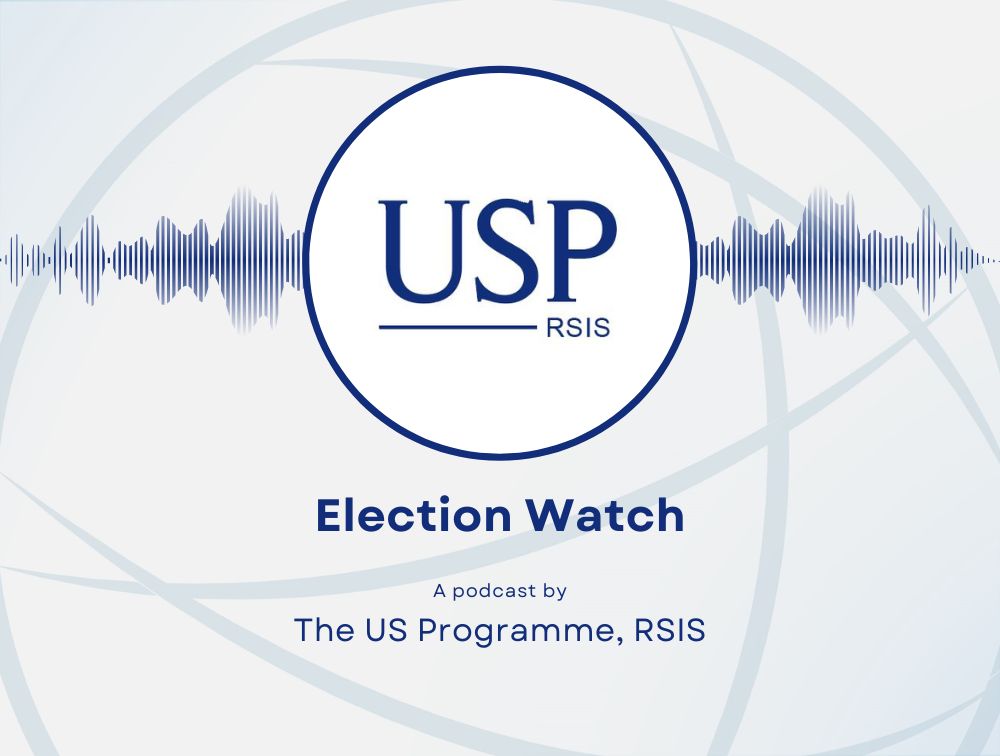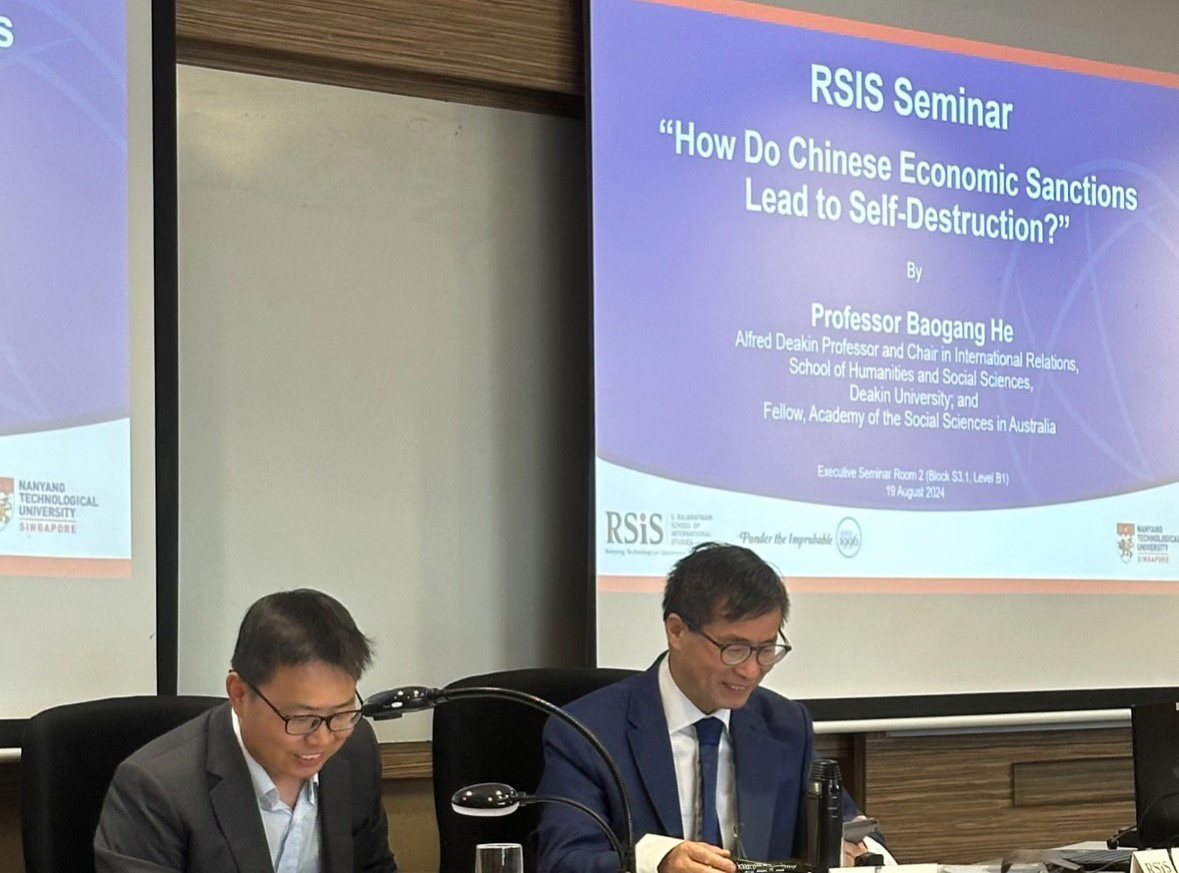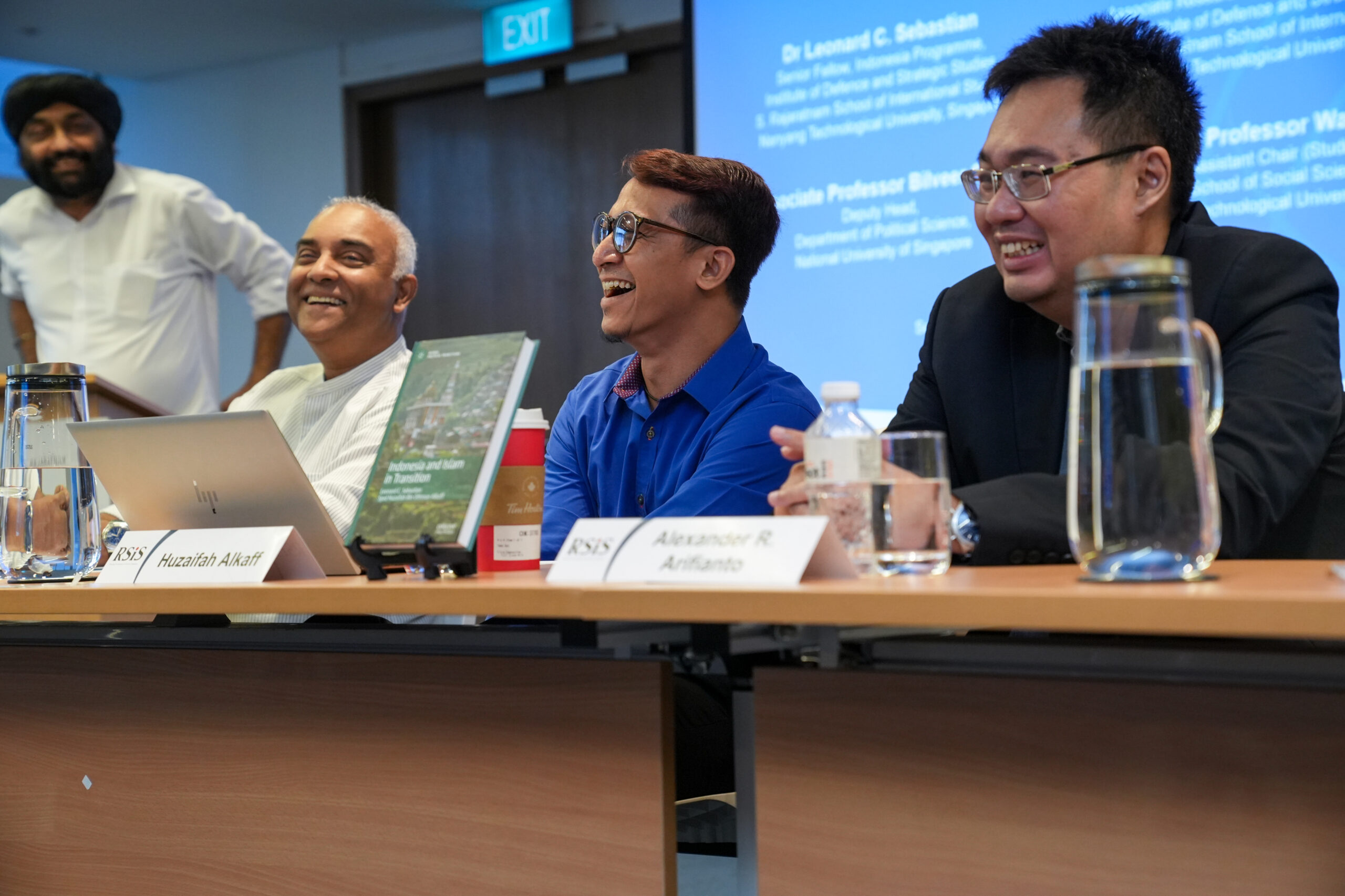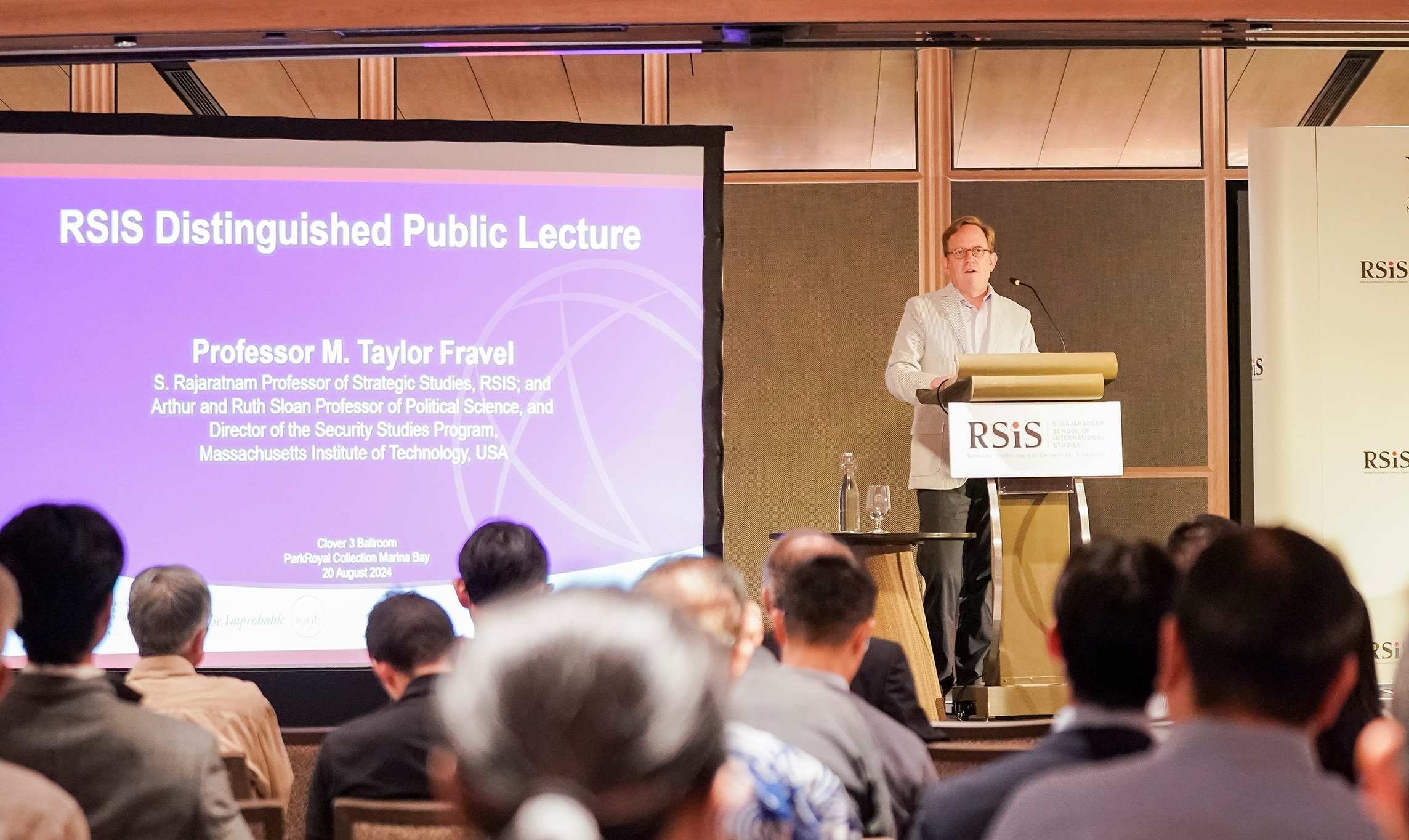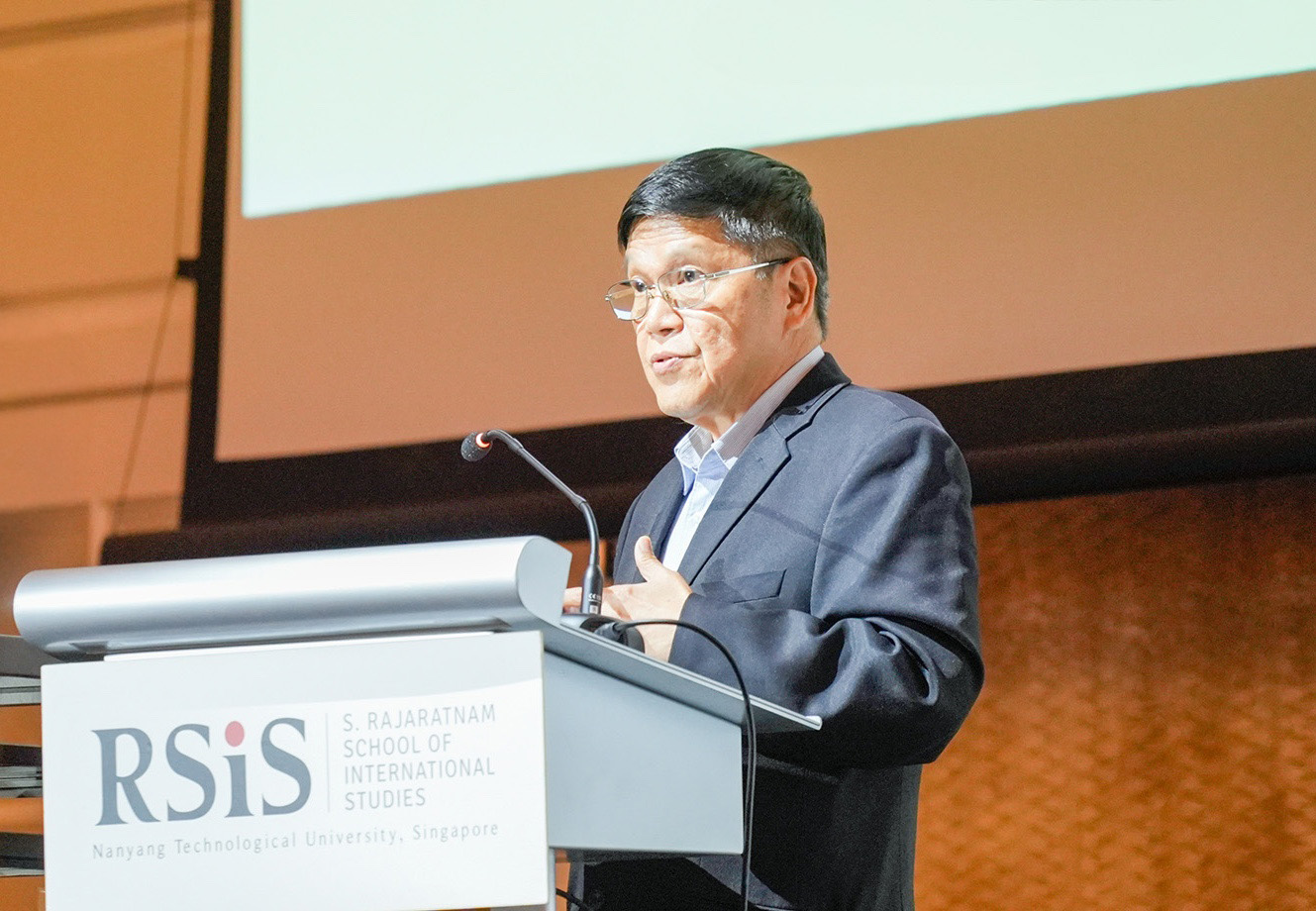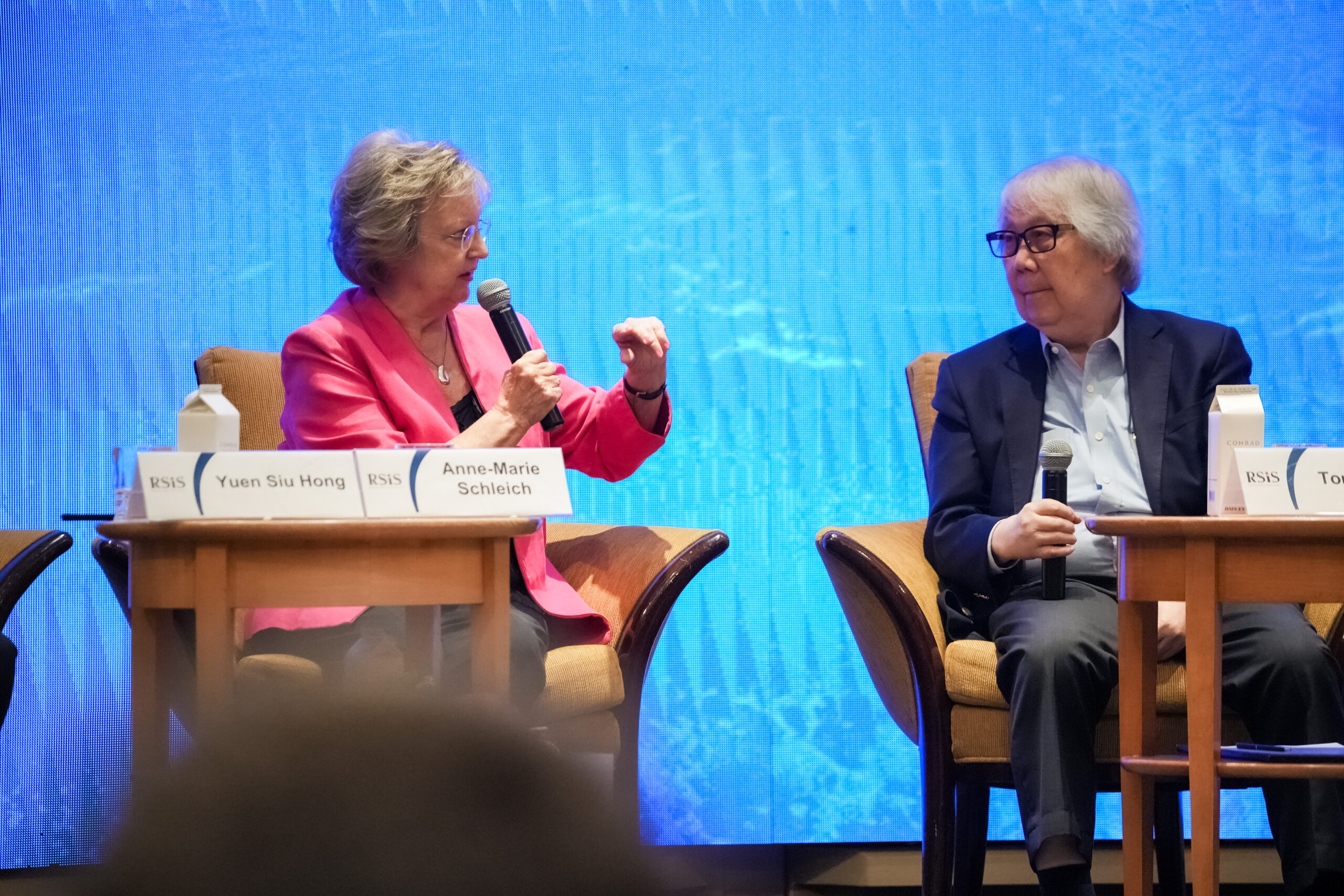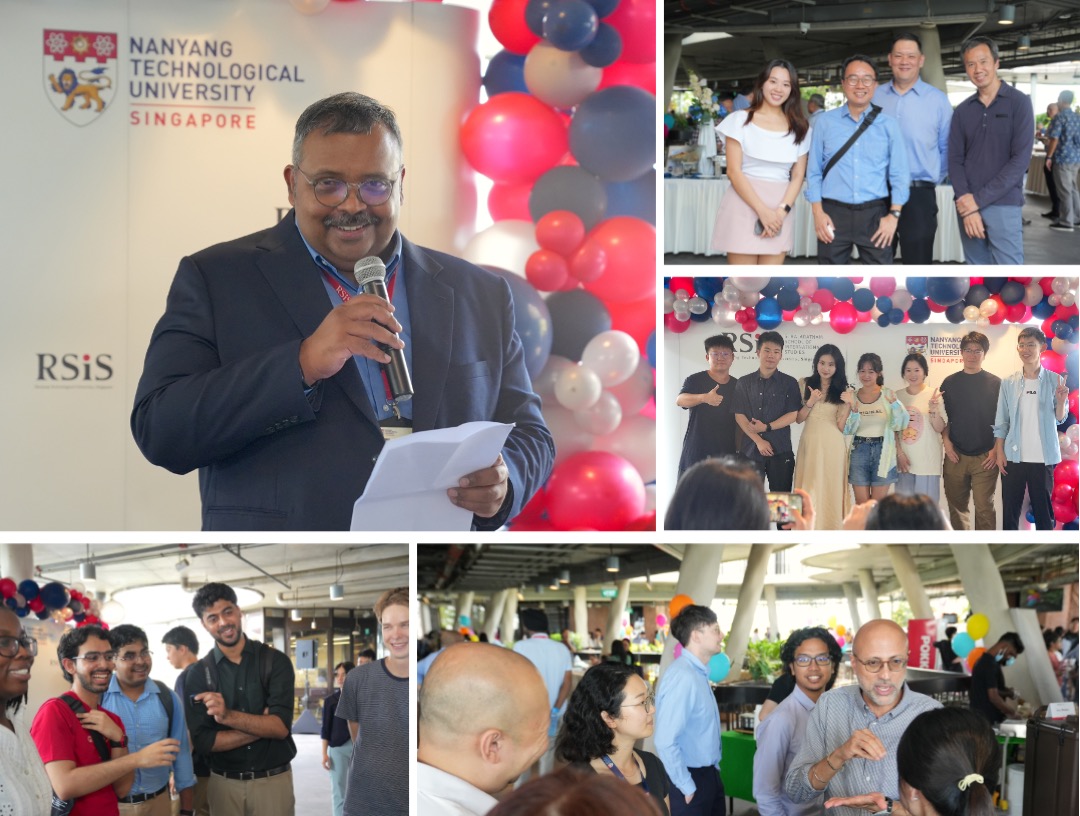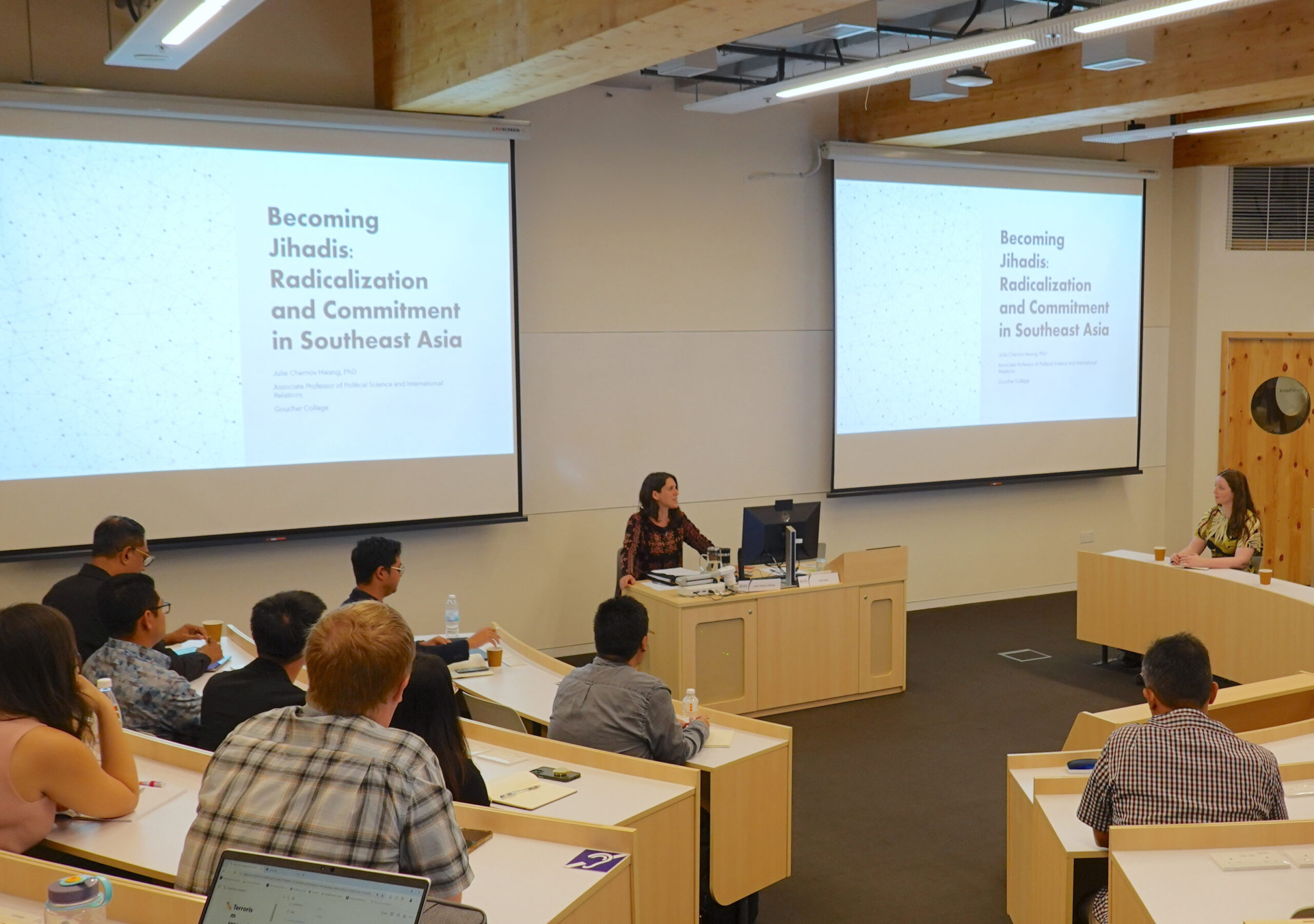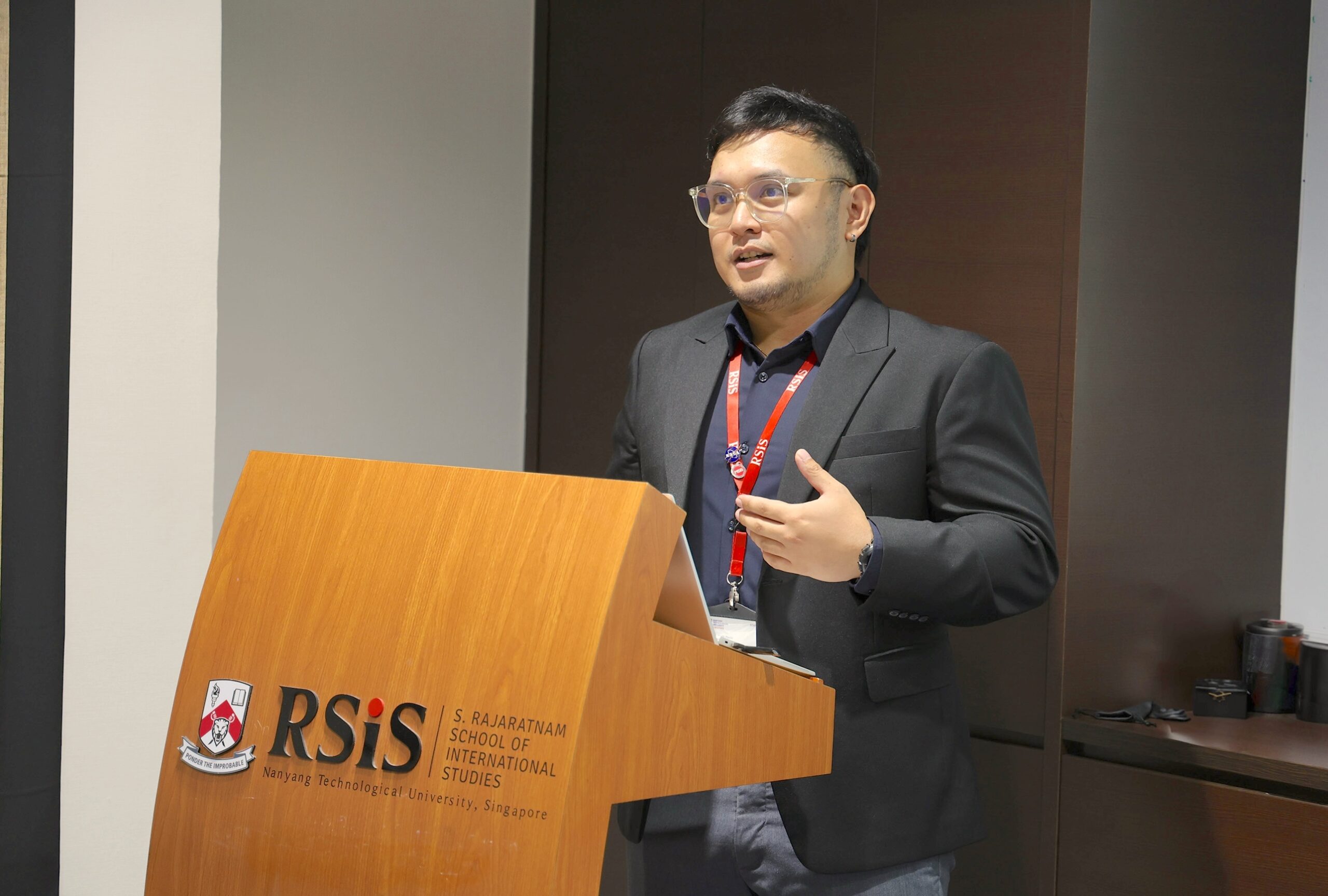

The International Centre for Political Violence and Terrorism Research (ICPVTR) hosted its 16th Terrorism Analyst Training Course (TATC) from 15 to 19 July 2024. Held annually since 2008, TATC is the centre’s annual flagship capacity-building and networking programme which seeks to provide the latest insights and analyses on the global terrorism threat landscape. The event also serves as a networking avenue for attendees, bringing together international speakers, counter-terrorism scholars, security practitioners, and law agencies to engage in holistic multi-stakeholder dialogue.
The theme for this year’s edition of TATC was “Crisis and Conflict: Enduring Threats and Emerging Challenges in Global Terrorism”. Over 60 participants from various security-related backgrounds around the region learned about terror-related threats, actors, and region-specific challenges to countering terrorism from a schedule of 17 specialist speakers, hailing from around the world.
In his opening address, Ambassador Ong Keng Yong, Executive Deputy Chairman of RSIS and Head of ICPVTR, highlighted the pertinence of this year’s theme and the need to collectively reaffirm the continued global threat of terrorism, especially amidst rife geopolitical developments in the past year. Amb Ong elaborated on key facets of the present-day terror threat landscape, including Islamist extremism, far-right extremism, the deployment of emerging technologies such as Artificial Intelligence (AI), and the effects of structural factors such as global instability and geopolitical events on terrorism. With these critical risk factors taken into consideration, he foregrounded the need to continually reassess the role and motivations of actors involved, as well as to promote scholarship and policies which exist to safeguard our respective communities.
The keynote speaker for this year’s TATC, Mr Ali Soufan, Chairman and Chief Executive Officer of The Soufan Group, provided a comprehensive overview of the militant jihadist threat landscape. Drawing from his wealth of experience as a leading national security and counter-terrorism expert, Mr Soufan emphasised the enduring potency of ideology as a key factor that will continue to propel Islamist extremism, and outlined organisational tactics adopted by Al-Qaeda (AQ) and the Islamic State (IS) which continue to hold true today. Looking ahead, Mr Soufan flagged geopolitical instability and the role of non-state actors in charting the future of the Middle East as critical aspects of counter-terrorism policy considerations.
Over the course of the week, invited specialist speakers provided valuable insights into country-specific developments in Southeast Asia, South Asia, the Middle East, Europe and Africa. Other experts discussed topical issues of concern within the field. This included the increasing weaponisation of emerging technologies, such as AI, drones, and 3D printed weapons, as well as the exploitation of social media by the jihadist sphere and far-right groups to disseminate propaganda and propel radicalisation efforts.
Some key takeaways from the briefings included the risk of escalating threats from AQ’s Al-Shabaab and IS’ Khorasan Province (ISKP). Closer to Southeast Asia, Jemaah Islamiyah’s (JI) disbandment may signal a shift in terms of how terror attacks are devised within the region, reasserting the need for proactive intelligence monitoring and information-sharing between neighbouring ASEAN countries. Further, far-right extremism has generally been gaining stronger traction in parts of Europe, South Asia and the US. The mainstreaming of the far-right and its increasing spillover into politics is a concerning trend, while the rise of the far-left in countries such as France bears close observation.
Emerging technologies that can be manipulated and weaponised are also of particular concern. While drones have already been weaponised by terrorist groups such as AQ and IS, the accessibility gap to 3D printed weapons and AI is rapidly narrowing and relevant case studies of novel applications of these technologies in service of terrorism were presented.
The participants of this year’s TATC also visited the Internal Security Department (ISD) Heritage Centre. There, they gained a better understanding of how Singapore’s security history was shaped through learning about notable instances of domestic intelligence gathering and international security cooperation. A tabletop exercise simulating a terror-related investigation was also run for participants to apply their knowledge in a practical capacity while assessing their ability to systematically identify and escalate potential threats.
On the last day of the course, participants were given the chance to share what they had learnt and discussed throughout the week via group presentations. The event wrapped up with closing comments by Professor Kumar Ramakrishna, Dean of RSIS, and a certificate presentation ceremony.





